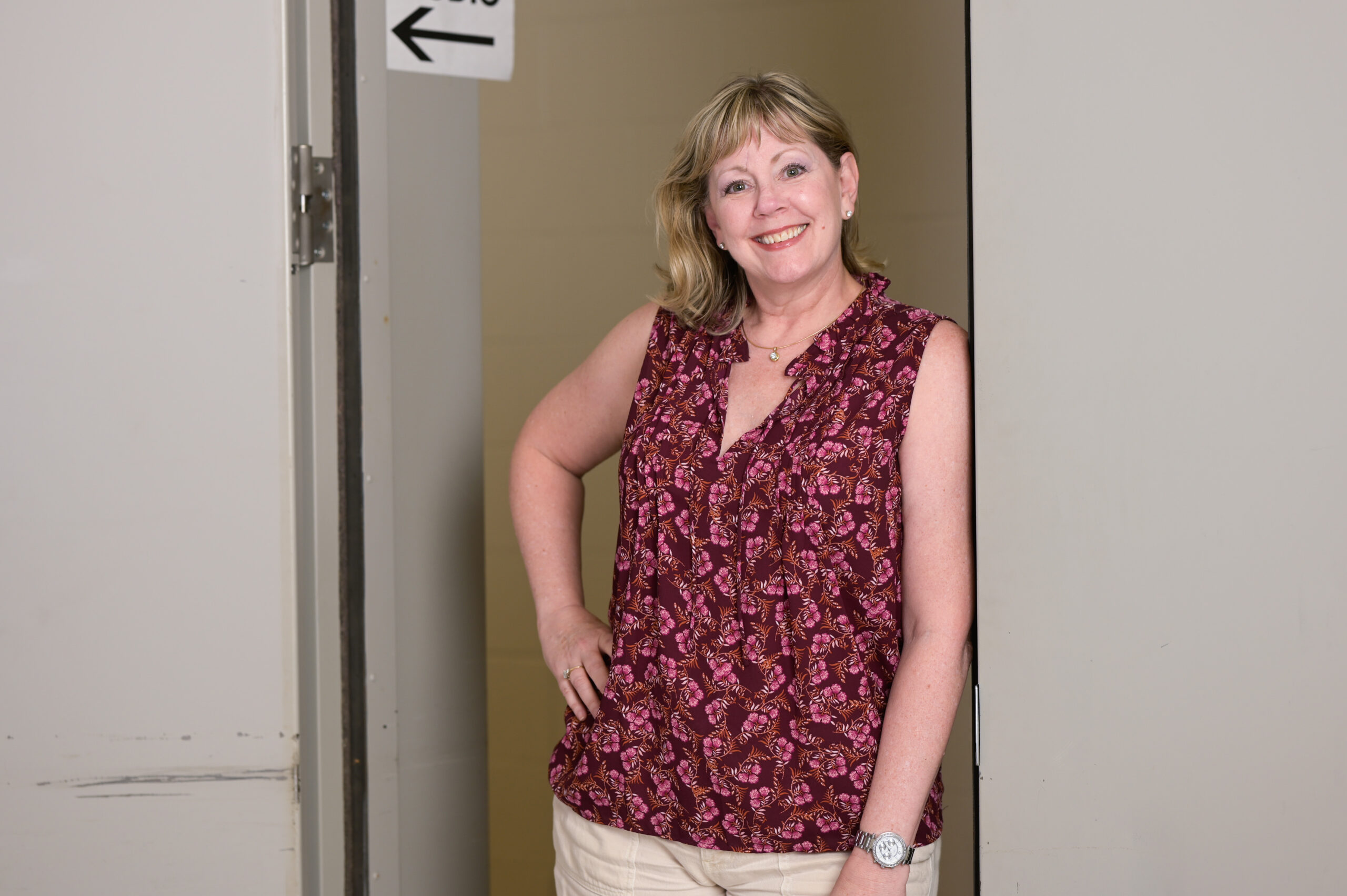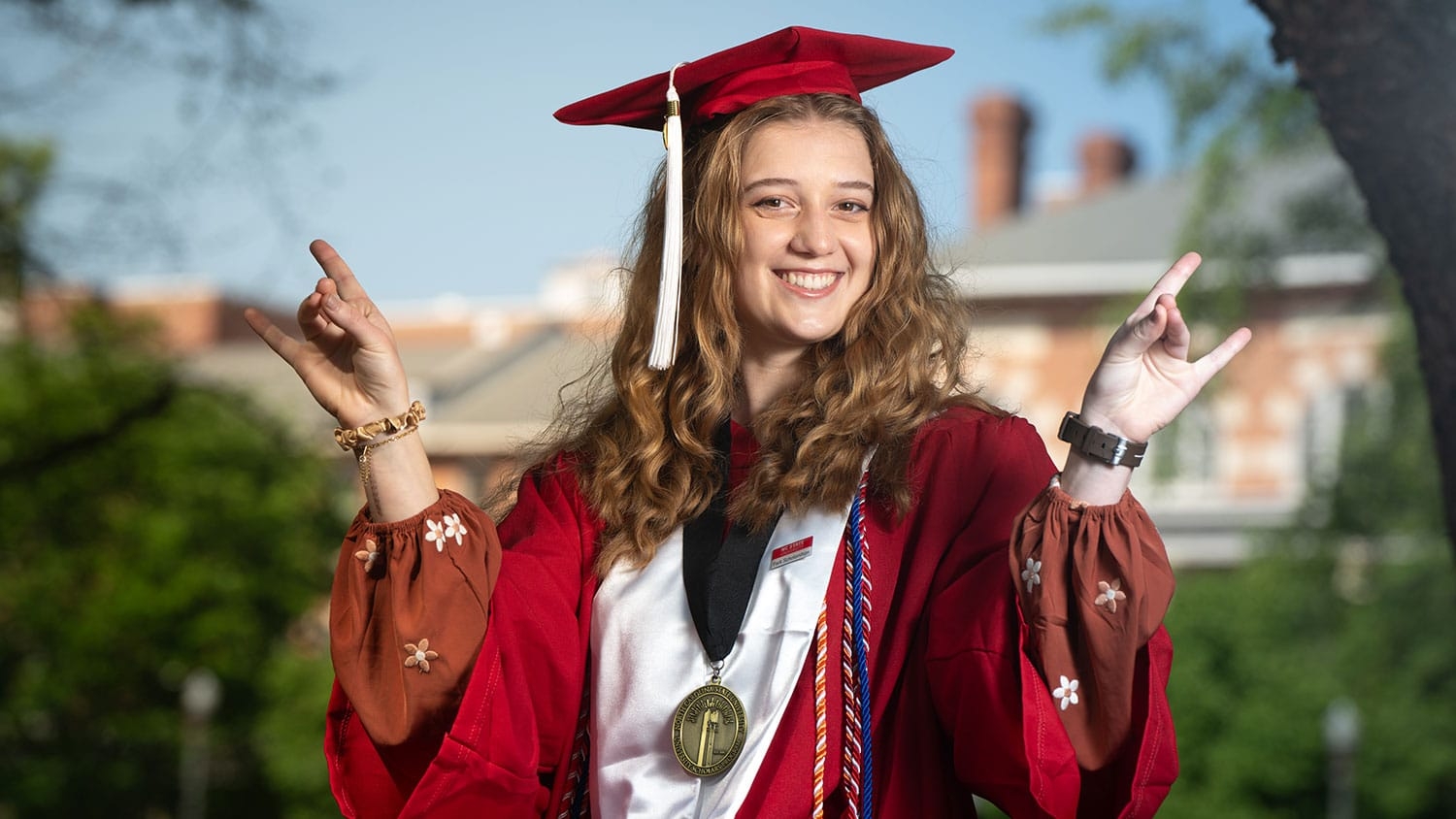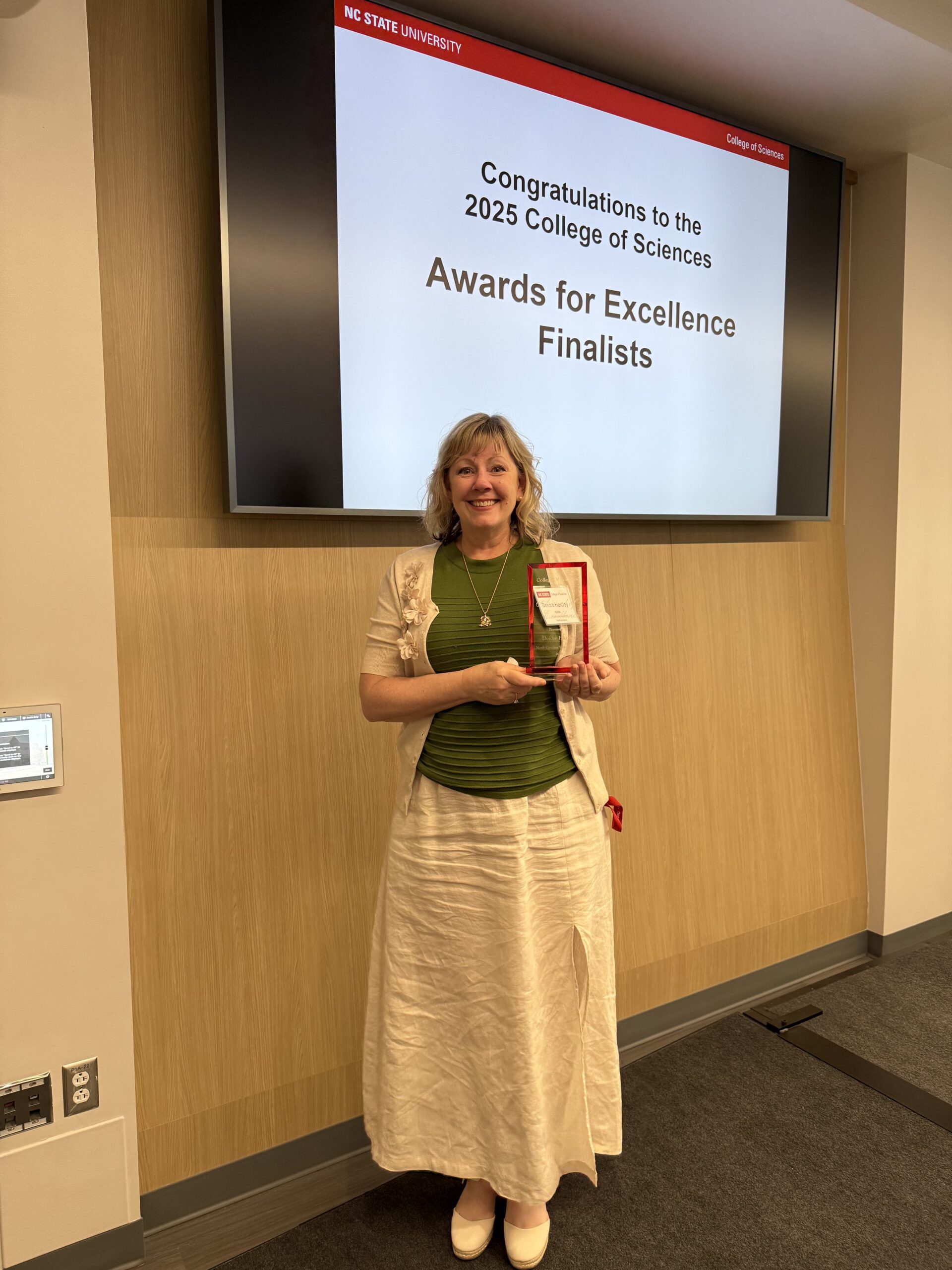Fall PLUM at Duke Math (Dec 3, Monday) at 4:30pm
Duke Math will host the Fall PLUM (Public Lectures Unveiling Math) talk on Dec 3 (Mon), 4:30-5:30pm at Physics 128. Our speaker is Rachel Levy, the Deputy Executive Director of MAA and Professor at Harvey Mudd College and the co-author of BIG jobs guide: business, industry and government careers for mathematical scientists.
The title and abstract of her talk follow and the flyer is attached. Please spread the word.
For more info on PLUM, click
https://services.math.duke.edu/~hahn/PLUM.html
Best regards,
Heekyoung
*******************
Mathematical Modeling from Kindergarten to Industry
Mathematical Modeling is taking off at all levels of mathematics education. The kinds of math modeling problems students can solve have direct and meaningful connections to the world around us. Modeling helps people engage in data science and mathematical tools that can be of value in any career. Creativity can be inspired by modeling because problems require genuine choices and have multiple solutions. Through modeling problems, teachers, students and families can develop new relationships with the mathematics in the K-12 curriculum.
I work at the Mathematical Association of America, where our mission is to advance the understanding of mathematics and its impact on the world. We have programs like MAA PIC Math that prepare university faculty to engage their students in industrial problems. We also run the AMC mathematics contests that introduce middle, high school and college students to challenging mathematical problem solving.
In my research, I have explored whether students as young as Kindergarten can engage in mathematical modeling in ways that resonate with the ways my undergraduates at Harvey Mudd College engaged in industry-based problems. This means going beyond assignments where models are presented as finished products to mathematical modeling projects that ask a big messy important question and leave it to the modelers to develop and justify a useful solution.
In this talk I’ll share with you some surprising insights from four years following elementary school mathematical modelers and discuss how observing their teachers improved my own practice as a mathematical modeling educator and researcher.
- Categories:


